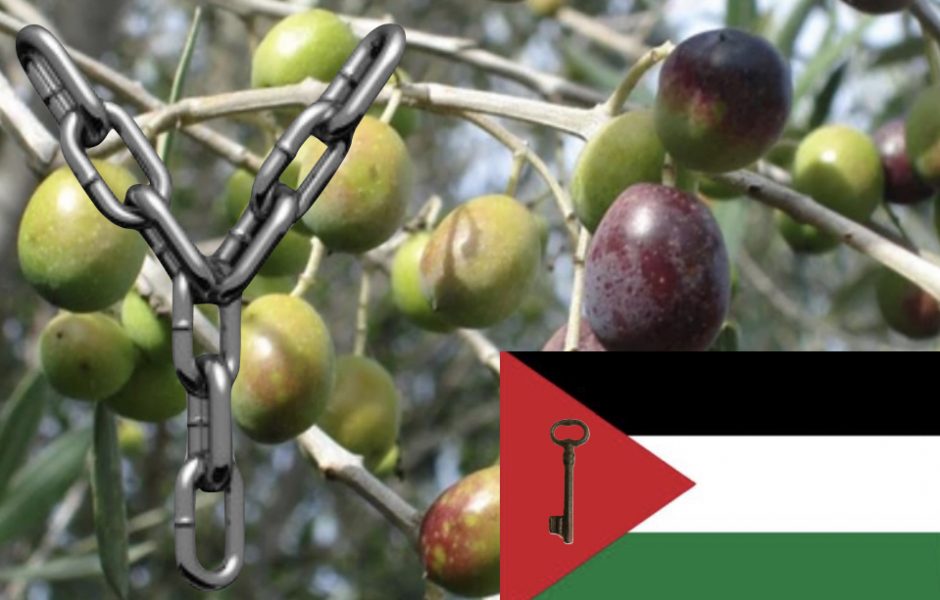Voice of Palestine
Use slideshow to see more
In the occupied Palestinian territories, the omnipresent checkpoints serve as physical and psychological barriers, imposing daily hardships on Palestinians and impeding their freedom of movement. These checkpoints, erected by the Israeli occupation forces, symbolize the systemic oppression and control exerted over the Palestinian population, exacerbating tensions and perpetuating cycles of violence and unrest.
For Palestinians, the experience of passing through checkpoints is fraught with anxiety, humiliation, and uncertainty. Whether commuting to work, visiting family members, or seeking medical care, Palestinians must navigate a labyrinth of bureaucratic hurdles, arbitrary regulations, and dehumanizing treatment at these checkpoints. Long queues, invasive searches, and arbitrary delays are a routine part of life for Palestinians living under occupation, undermining their dignity and autonomy.
Beyond the logistical challenges, checkpoints also serve as sites of confrontation and violence, where tensions between Israeli occupation forces and Palestinian civilians often escalate into clashes and bloodshed. The presence of heavily armed soldiers, fortified barriers, and surveillance cameras creates an atmosphere of fear and intimidation, exacerbating feelings of resentment and alienation among Palestinians. Incidents of harassment, abuse, and even fatalities at checkpoints are all too common, further fueling animosity and mistrust between the two communities.
Moreover, the impact of checkpoints extends far beyond the physical barriers they impose, permeating every aspect of Palestinian life. Economic livelihoods are disrupted, as Palestinians face restrictions on access to markets, employment opportunities, and agricultural land. Students are hindered in their pursuit of education, as travel to schools and universities becomes arduous and unpredictable. Families are separated, as travel between Palestinian towns and villages is hindered by Israeli checkpoints and roadblocks.
The plight of Palestinians at checkpoints underscores the broader reality of illegal occupation and colonization in Palestine, where the denial of basic rights and freedoms is a daily reality for millions of people. The systematic use of checkpoints as a tool of control and domination perpetuates a cycle of oppression and resistance, fueling grievances and deepening divisions between Israelis and Palestinians.
In response to the challenges posed by checkpoints, Palestinians have employed various strategies of resistance and resilience. From grassroots activism and civil disobedience to legal advocacy and international solidarity, Palestinians have mobilized to challenge the status quo and demand an end to the israeli occupation. Organizations such as B’Tselem and Al-Haq document human rights abuses at checkpoints and advocate for accountability and justice, while movements like Boycott, Divestment, and Sanctions (BDS) call for global solidarity in support of Palestinian rights.
As the struggle at checkpoints in occupied Palestine continues, it serves as a poignant reminder of the enduring resilience and determination of the Palestinian people in the face of adversity. Despite the challenges they face, Palestinians remain steadfast in their pursuit of freedom, dignity, and self-determination, refusing to be silenced or deterred by the barriers that stand in their way. The checkpoints may divide Palestinian communities, but they also serve as symbols of resistance and resilience, inspiring hope and solidarity among Palestinians and their allies around the world.



















































